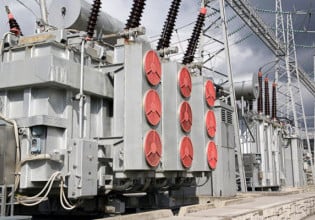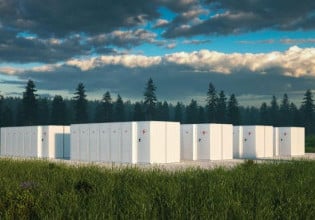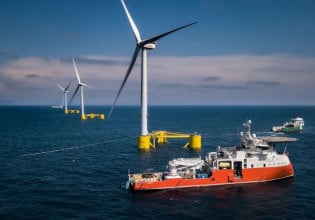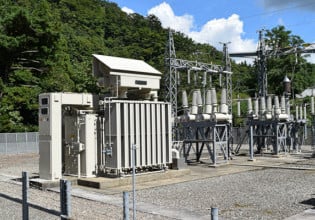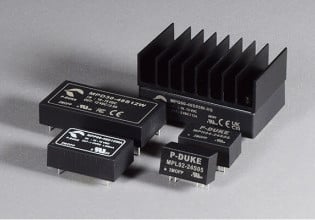New DC-DC Technology Aids Development of Next Generation Electric and Hybrid Vehicles
Prodrive is leading a consortium of companies to develop a new technology for electric and electric hybrid vehicles that will reduce the weight and space taken by the electrical power system. The 3 year project to develop a flexible dc-dc converter is supported by investment from the government-backed Technology Strategy Board. Prodrive is joined by the University of Manchester, Raytheon Systems Ltd, SciSys, International Transformers and Tata Motors European Technical Centre. The first year of the project will be devoted to fundamental research, followed by two years of application and development, leading to a driveable demonstration car by the end of year three; market introduction is said to be 5-7 years away.
Current practice is to integrate dc-dc converters into the power management system to step down or step up the battery voltage to meet the needs of different devices such as traction motors, cabin electrical systems, fuel cell stacks or supercapacitors. In complex architectures this requires several converters. A single, flexible converter will save cost, weight and package space, enabling vehicle manufacturers to move more easily to the next generation of sophisticated plug-in and range-extended hybrids.
"Existing hybrids, such as the Toyota Prius, need one dc-dc converter for the traction motor and another for the vehicle’s 12V system," explains Pete James, Prodrive’s technical specialist. "In future, there will be further voltage steps for supercapacitors or fuel cells; it isn’t viable to keep adding extra converters for every additional voltage. Having worked hard to reduce the cost, weight and size of battery packs and motors on hybrid vehicles, manufacturers are clearly unwilling to see those gains swallowed up by growth in the power management hardware."
Solving this problem will require the development of fundamentally new technology; The flexible converter will have to be capable of handling multiple voltages simultaneously on both the input and output sides, while achieving conversion efficiencies equal to the best single-range converters currently available.
Prodrive states that it is building a reputation as a specialist in the development and integration of electric and flywheel hybrid systems and future powertrains. James concluded, "We concentrate on the control systems, architecture, strategy and techniques for efficiency enhancement. This whole-vehicle perspective means that we work well with specialist technology suppliers as we see the overall picture. That’s the only way to get real value from innovation."
The Technology Strategy Board is a business-led executive non-departmental public body, established by the British government. Its role is to promote and support research into, and development and exploitation of, technology and innovation for the benefit of UK business, in order to increase economic growth and improve the quality of life. It is sponsored by the Department for Business, Innovation and Skills (BIS).


